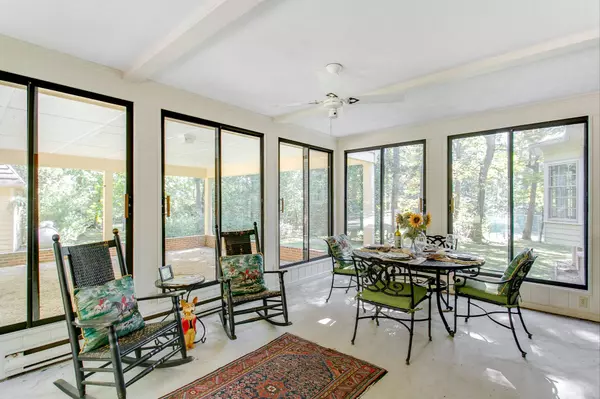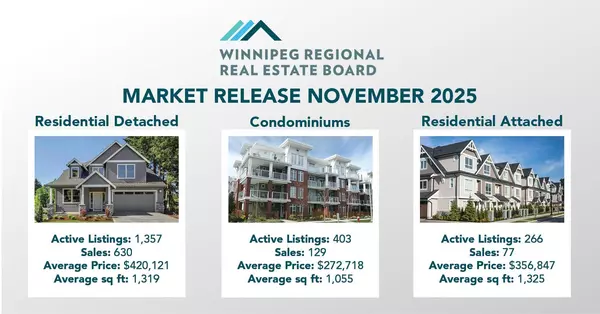Municipal Sewer and Septic Systems: Drainage, Connection Rules, and What Homeowners Need to Know Before Selling
Municipal Sewer, Rural Septic Systems and What Homeowners Need to Know Before Selling Wastewater management in Manitoba looks very different depending on where you live. In Winnipeg and other urban centres, most homes are connected to municipal sewer systems. In rural Manitoba, many properties rel
Building Permits Explained: When You Need One, Why They Matter, and How to Avoid Costly Mistakes
Building Permits in Manitoba - What Homeowners, Buyers, and Sellers Need to Know Whether you're planning a renovation, finishing a basement, or adding a deck, building permits are a crucial part of safe and legal construction in Manitoba. Yet many homeowners don’t fully understand when they’re neede
Real Estate Market Statistics around Winnipeg and Surrounding Areas for November 2025
Winnipeg Real Estate Market Statistics for November 2025 Source: Winnipeg Regional Real Estate Board The Winnipeg Regional Real Estate Board’s November 2025 market release reveals a year marked by strong cumulative performance—despite a noticeably slower November. Year-to-date (YTD) sales, price

Tara Zacharias
Phone:+1(204) 293-0933



